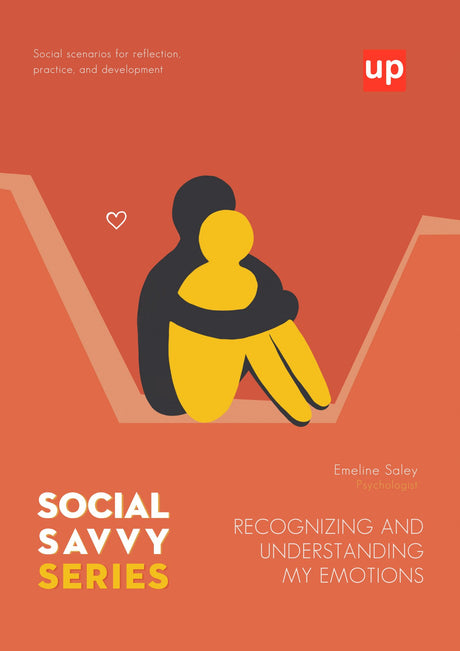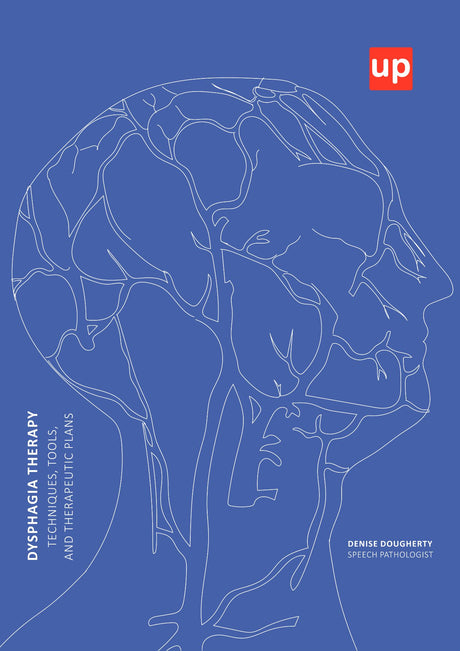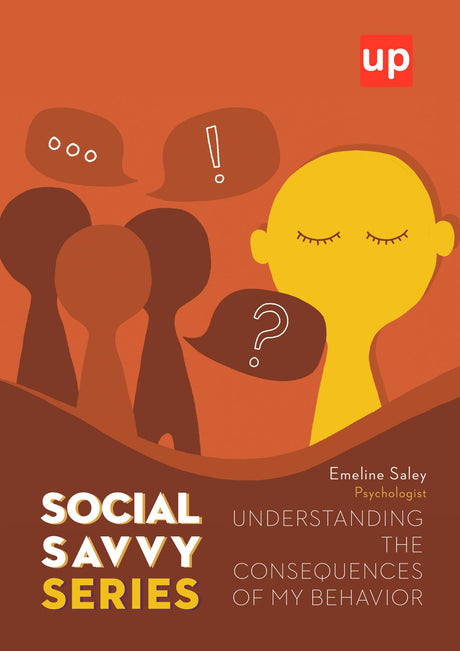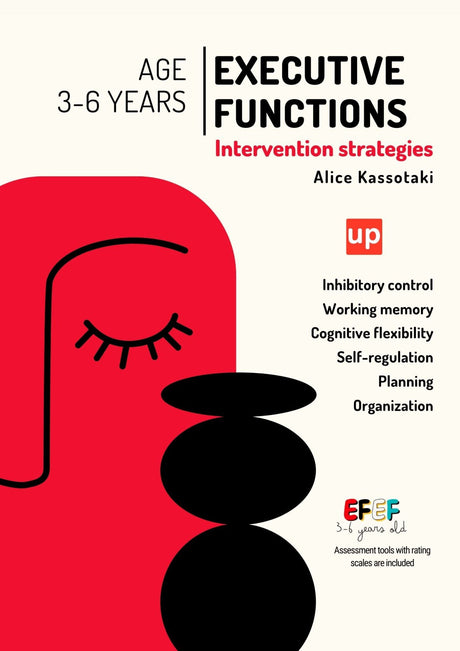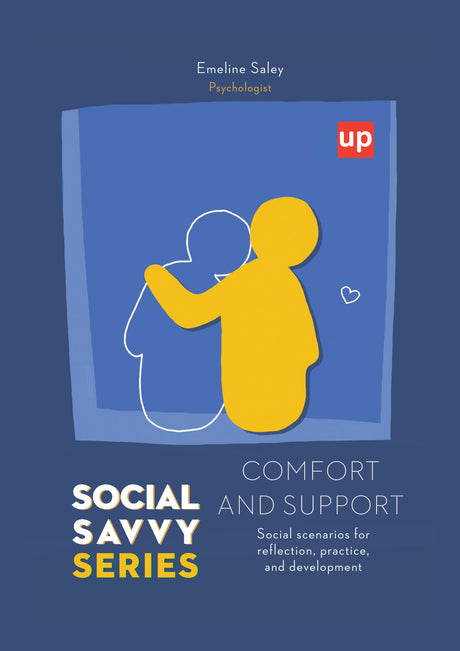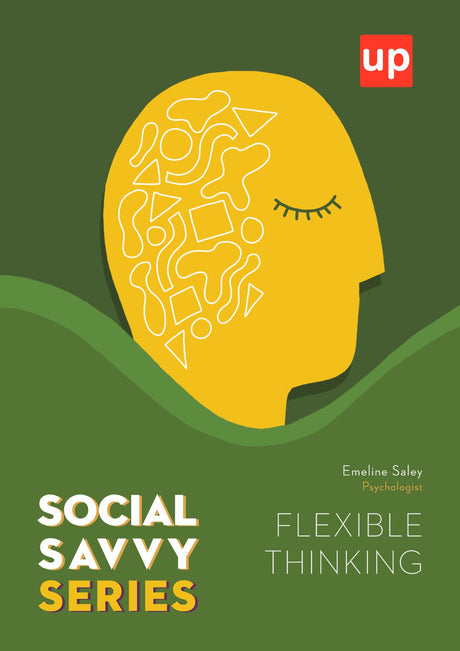If you think you may have OCD, it is natural to have a lot of questions. Take our short diagnostic test to help you determine if you need to be evaluated by a mental health professional.
Start the test-->>
Who is it for?
This test, the Obsessive Compulsive Inventory-Revised (OCI-R), is designed for people who suspect they may have Obsessive-Compulsive Disorder (OCD). Given its purpose as a self-report tool with 18 carefully selected items, it aims to capture the essence of OCD symptoms through a simple scoring system.
Individuals who find that they frequently engage in repetitive thoughts or actions, such as excessive organization, hand washing or performing rituals, and feel that these behaviors disrupt their daily lives, are encouraged to take this test.
A score of 21 points or higher indicates that the individual may need professional evaluation for OCD. This test serves as an initial step for those who are questioning the impact of their thoughts and behaviors on their quality of life, guiding them toward understanding whether they should seek further evaluation by a mental health professional.
Is it valid?
In an initial study, results show that the OCI-R is sensitive to the effects of treatment and that pre-test and post-test change on this instrument reflects improvement in OCD and associated symptoms of depression, anxiety, and overall functioning. The OCI-R was not sensitive to improvement in patients' perception of the meaninglessness of OCD symptoms.
In a further study, confirmatory factor analysis confirmed a six-factor solution. The instrument also showed good convergent validity and performed well in distinguishing OCD from other anxiety disorders. The OCI-R is recommended as an empirically validated instrument that can be used in a wide range of clinical and research contexts for OCD research.
Questions
What is OCD?
Obsessive-compulsive disorder (OCD) is a mental health condition characterized by unwanted, intrusive thoughts (obsessions) and repetitive behaviors or mental acts (compulsions) that the person feels driven to perform in response to these thoughts. These obsessions and compulsions are time-consuming and cause significant discomfort or impairment in social, occupational or other important areas of functioning.
What are the common symptoms of OCD?
Common symptoms include excessive cleaning or handwashing, repetitive checking (e.g. to see if a door is locked), strict routines or patterns, and a need for symmetry or order. Obsessions may include fears of infection, fears of harming oneself or others, or unpleasant sexual or religious thoughts.
How is OCD diagnosed?
OCD is diagnosed through clinical interviews, which often include standardized assessment tools and scales. Mental health professionals assess the presence of obsessions and compulsions, their impact on the person's functioning, and rule out other mental health disorders that could explain the symptoms.
Can obsessive-compulsive disorder disappear on its own?
OCD is usually a chronic condition that can fluctuate in severity over time. While symptoms may improve or worsen, they often do not completely disappear without treatment. However, there are effective treatments that can help manage symptoms and improve quality of life.
What treatments are available for OCD?
The main treatments for OCD are Cognitive Behavioural Therapy (CBT), specifically Exposure and Response Prevention (ERP), and medication, particularly Selective Serotonin Reuptake Inhibitors (SSRIs). Sometimes, a combination of therapy and medication is most effective.
Is OCD common?
Yes, OCD is a common mental health condition that affects adults, adolescents and children worldwide. It is estimated that approximately 1-2% of the population will be diagnosed with OCD at some point in their lives.
Can children have OCD?
Yes, children can have OCD. Symptoms often appear in late childhood or early adolescence, but OCD can start at any age. Early diagnosis and treatment is vital to manage symptoms and prevent significant impacts on development and quality of life.
Is there a cure for OCD?
Although there is no cure for OCD, the condition can be effectively managed through treatment. Many people with OCD can achieve substantial relief from their symptoms and live full, productive lives.
Can stress cause OCD?
Stress does not cause OCD, but stress can worsen symptoms or cause symptoms to occur in people who are predisposed to the disorder. Managing anxiety is often an important component of treatment for OCD.
How can I support someone with OCD?
Supporting someone with OCD involves educating them about the condition, being patient and understanding, encouraging treatment and offering practical support. It is also important to avoid participating in the person's compulsions and to set healthy boundaries.
Copyright Information
Foa, E.B., Huppert, J.D., Leiberg, S., Hajcak, G., Langner, R., et al. (2002). The Obsessive Compulsive Inventory: development and validation of a short version. Psychological Assessment, 14, 485-496.
THIS INFORMATION IS NOT INTENDED TO REPLACE CLINICAL JUDGMENT OR TO GUIDE INDIVIDUAL PATIENT CARE IN ANY WAY.











